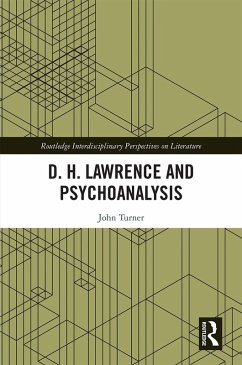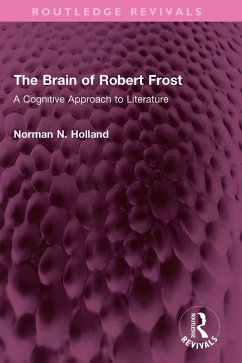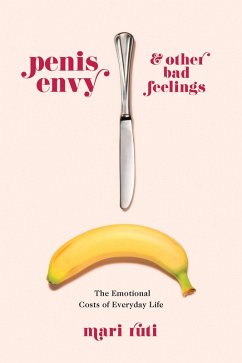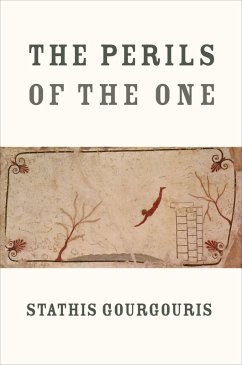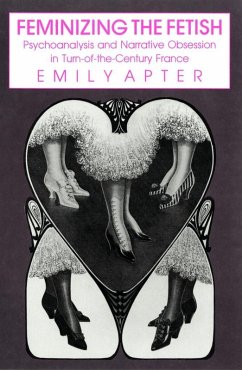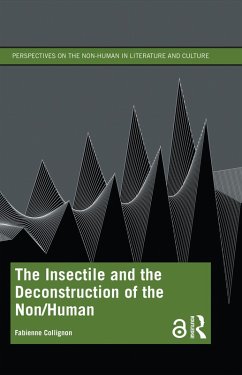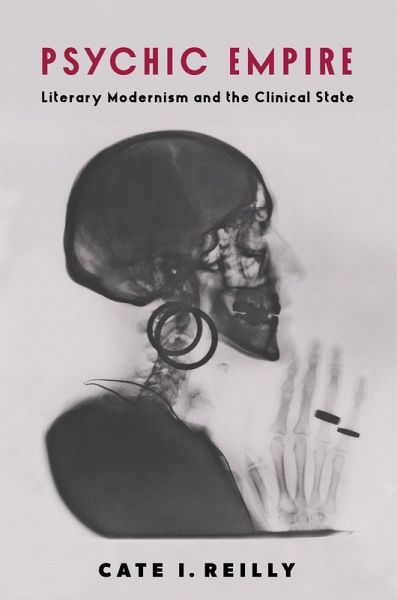
Psychic Empire (eBook, ePUB)
Literary Modernism and the Clinical State

PAYBACK Punkte
13 °P sammeln!
Shortlisted, 2025 Modernist Studies Association First Book PrizeIn nineteenth-century imperial Germany and the Austro-Hungarian Empire, new scientific fields like psychophysics, empirical psychology, clinical psychiatry, and neuroanatomy transformed the understanding of mental life in ways long seen as influencing modernism. Turning to the history of psychiatric classification for mental illnesses, Cate I. Reilly argues that modernist texts can be understood as critically responding to objective scientific models of the psyche, not simply illustrating their findings. Modernist works written in...
Shortlisted, 2025 Modernist Studies Association First Book Prize
In nineteenth-century imperial Germany and the Austro-Hungarian Empire, new scientific fields like psychophysics, empirical psychology, clinical psychiatry, and neuroanatomy transformed the understanding of mental life in ways long seen as influencing modernism. Turning to the history of psychiatric classification for mental illnesses, Cate I. Reilly argues that modernist texts can be understood as critically responding to objective scientific models of the psyche, not simply illustrating their findings. Modernist works written in industrializing Central and Eastern Europe historicize the representation of consciousness as a quantifiable phenomenon within techno-scientific modernity.
Looking beyond modernism's well-studied relationship to psychoanalysis, this book tells the story of the non-Freudian vocabulary for mental illnesses that forms the precursor to today's Diagnostic and Statistical Manual of Mental Disorders. Developed by the German psychiatrist Emil Kraepelin in the 1890s, this psychiatric taxonomy grew from the claim that invisible mental illnesses were analogous to physical phenomena in the natural world. Reilly explores how figures such as Georg Büchner, Ernst Toller, Daniel Paul Schreber, Nikolai Evreinov, Vsevolod Ivanov, and Santiago Ramón y Cajal understood the legal and political consequences of representing mental life in physical terms. Working across literary studies, the history of science, psychoanalytic criticism, critical theory, and political philosophy, Psychic Empire is an original account of modernism that shows the link between nineteenth-century scientific research on the mental health of national populations and twenty-first-century globalized, neuroscientific accounts of psychopathology and sanity.
In nineteenth-century imperial Germany and the Austro-Hungarian Empire, new scientific fields like psychophysics, empirical psychology, clinical psychiatry, and neuroanatomy transformed the understanding of mental life in ways long seen as influencing modernism. Turning to the history of psychiatric classification for mental illnesses, Cate I. Reilly argues that modernist texts can be understood as critically responding to objective scientific models of the psyche, not simply illustrating their findings. Modernist works written in industrializing Central and Eastern Europe historicize the representation of consciousness as a quantifiable phenomenon within techno-scientific modernity.
Looking beyond modernism's well-studied relationship to psychoanalysis, this book tells the story of the non-Freudian vocabulary for mental illnesses that forms the precursor to today's Diagnostic and Statistical Manual of Mental Disorders. Developed by the German psychiatrist Emil Kraepelin in the 1890s, this psychiatric taxonomy grew from the claim that invisible mental illnesses were analogous to physical phenomena in the natural world. Reilly explores how figures such as Georg Büchner, Ernst Toller, Daniel Paul Schreber, Nikolai Evreinov, Vsevolod Ivanov, and Santiago Ramón y Cajal understood the legal and political consequences of representing mental life in physical terms. Working across literary studies, the history of science, psychoanalytic criticism, critical theory, and political philosophy, Psychic Empire is an original account of modernism that shows the link between nineteenth-century scientific research on the mental health of national populations and twenty-first-century globalized, neuroscientific accounts of psychopathology and sanity.
Dieser Download kann aus rechtlichen Gründen nur mit Rechnungsadresse in A, D ausgeliefert werden.




